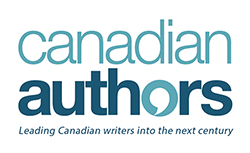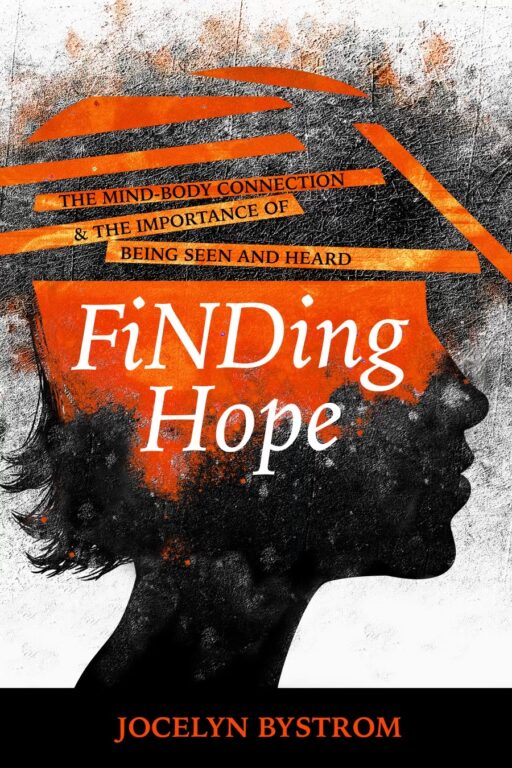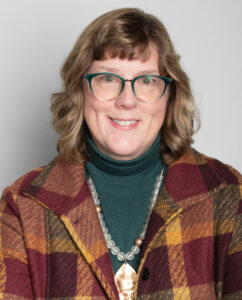The Mind-Body Connection & Importance of Being Seen and Heard
by
This is the remarkable story of Jocelyn Bystrom's seven-year struggle against a rare but growing, and largely undiagnosed, involuntary health disorder known as Functional Neurological Disorder (FND), which triggered the author’s daily epileptic-like seizures, cognitive decline, thunderous headaches, and an inability to work, drive, or care properly for herself or her family. In a world where an estimated 26% of Americans ages 18 and older – or 1 in 4 adults – today suffer from a diagnosable mental health disorder in any given year, millions of people worldwide may be struggling with undiagnosed FND. Indeed, experts who focus on this disorder estimate that the prevalence of FND may be more common than epilepsy. FND is an involuntary disorder that complicates the nervous system and interferes with the normal pathways by which the brain and body sends and receives messages. It includes a variety of physical symptoms. The disorder itself is triggered in diverse ways that include acute psychological trauma, physical injuries, and brain changes effected by other underlying physical or mental disorders. For Jocelyn, it was the sudden and egregious loss of a teaching job she loved and excelled at that led to a years-long cascade of debilitating health challenges. But that was just the tip of the proverbial iceberg – the roots of her FND onset ultimately sank deep into the soil of her childhood and drew on traumas relating both to her absent father and present, but emotionally unfulfilled, mother. FiNDing Hope is Jocelyn’s story of a descent into physical disability, childhood fears and courage, and of medical wanderings over seven years in trying to find doctors who could diagnose and effectively treat her disorder. It is also a story of faith and her emergence from this personal darkness toward a hopeful future.
What Is Trauma?
Trauma isn’t what happened to me, it’s what happened inside me because of what happened. It’s both an open and invisible wound simultaneously. I wasn’t always aware of this.
By the age of ten, I thought traumatic incidents happened to others—to soldiers, firefighters, and people in third world countries. At seventeen, I read news stories and viewed unsettling images only if I happened to have watched the six o’clock news. Years later, on September 11, 2001, at 8:45 a.m., I was glued to our thirty-seven-inch television screen, witnessing the live coverage of 9/11. Mesmerized, I knelt in horror as terrorized individuals leapt to their deaths, rather than burn in the flames when militants hijacked airplanes and carried out four coordinated terror attacks. That, I believed, was capital “T” trauma.
READ MORECatastrophic natural disasters were transmitted to previously naïve ears. And when later I learned about horrific abuse toward indigenous children in Canada’s residential schools, I counted my blessings. I’d been changed by knowledge of war and abuse. Trauma, occurred in the trenches, and to mothers who lost sons in battle, so that I could enjoy freedom. I taught seventh and eighth grade history in 2005 and learned alongside my students about the more insidious aftermath and enduring effects of war. These were what came to mind when I questioned and responded to the query, “What is trauma?”
I was knowledgeable in 2013, about the effects of post-traumatic stress and the repercussions of traumatic incidents on my students and students’ behaviour. Behaviours which expressed secrets, lies and betrayals, and affected my students’ ability to learn. Innocent lives changed by circumstances, over which they held no control. I taught students who’d suffered from poverty, abuse, abandonment, and neglect. And those who experienced a death of their sense of safety.
What I hadn’t known at fifty was that trauma leaves its mark on both the mind and body.
COLLAPSECourtnee Turner Hoyle for Readers' Favorite on https://readersfavorite.com/book-review/finding-hope/1 wrote:January 8, 2024
★★★★★
"Compelling, insightful, inspiring, and educational. Have you heard of Functional Neurological Disorder (FND)? Maybe, maybe not. But certainly not because sufferers are few in number or unconcerned about their health. Rather, this devastating disorder is often mistaken for another illness, masked by other health problems, or underdiagnosed by practitioners unfamiliar with FND. Jocelyn Bystrom had never heard of FND by the time she began experiencing debilitating seizures, headaches, and other symptoms. FiNDing Hope: The Mind-Body Connection and the Importance of Being Seen and Heard is a biographical account of the everyday struggles, fears, frustrations, and anxieties felt as one woman searches for answers to an illness decades in the making. If a child falls out of a tree and breaks a leg, the plan for their care is fairly clear-cut. The bone is reset and the child gets a cast, a set of crutches, and a stern warning about tree climbing. At school, other kids might carry their books, offer for them to go to the head of the lunch line, show intense interest in how the injury occurred, and even clamor to sign their cast. Not so for less ostentatious illnesses, particularly in the mental health family. For Jocelyn, the unrelenting stress of declining health is only compounded as she becomes a caregiver to her aging mother, faces a career disaster, and searches for a diagnosis that continues to elude her. And those are just some of her external troubles. Her friends and family care, but don’t quite know how to help. The strain on her supportive husband weighs on her. And the interminable wait for answers becomes a vicious and damaging cycle. Even her faith begins to waver in the face of an uncertain but certainly unhealthy future. Jocelyn Bystrom writes with a clear, concise voice that facilitates compassion and understanding of a disorder with far-reaching consequences. Vivid scenes, like a seizure in a crowded gift shop or the terror of a lumbar puncture, give heartbreaking insights into extraordinarily challenging moments that become part of the day-to-day routine for the author. As Jocelyn navigates her declining physical, emotional, and spiritual health, readers are granted clues as to what precipitated the disorder. Years of catastrophizing events, living as a perfectionist, being a people-pleaser, and constantly wondering if it’s ‘all in your head’ take a toll and eventually catch up to her, culminating in an FND diagnosis. A story about advocating for yourself, Jocelyn’s experiences point toward hope and healing and always come back to finding strength in her faith, her family, and herself. Compelling, insightful, inspiring, and educational, FiNDing Hope offers a way forward and can benefit anyone suffering from similar unexplained illnesses, mental health issues, traumas, and stresses."
January 13, 2024
"In FiNDing Hope: The Mind-Body Connection and the Importance of Being Seen and Heard, Jocelyn Bystrom offers readers a detailed account of her journey through traumatic events, the onset of health concerns and seizures, and the search for a proper diagnosis. Readers learn about Bystrom's symptoms, and the diagnoses doctors considered, like epilepsy and Parkinson's disease, as she shares her family's challenges and her time as an educator. Bystrom conveys her childhood and changing roles in her adulthood while she dealt with the effects of her symptoms and the pandemic. The author took notes and journaled her health and appointments with healthcare professionals, so she could chronicle EEGs, spinal taps, and seizures with accuracy. Bystrom includes her prayers as she struggled to find the source of her symptoms for seven years. Jocelyn Bystrom relates her story as if the reader is a dear friend as she advocates awareness for Functional Neurological Disorder (FND). With literary skill, she recounts her intense emotions during each defining event. In addition to her debilitating symptoms, Bystrom details losing her mother to dementia. Even though her husband and children were a strong support group, the author acutely felt the absence of parental affection and longed for it. Bystrom's experience should issue a call to action, and more healthcare professionals should understand the need to treat the mind and body as one unit instead of separately. Bystrom is an inspiration to people who struggle with the uncertainty of their symptoms and hope for a definitive diagnosis. FiNDing Hope is a good selection for anyone looking for validation who has been told "let's wait and see" by medical professionals as they wonder about the origin and progression of their symptoms."





